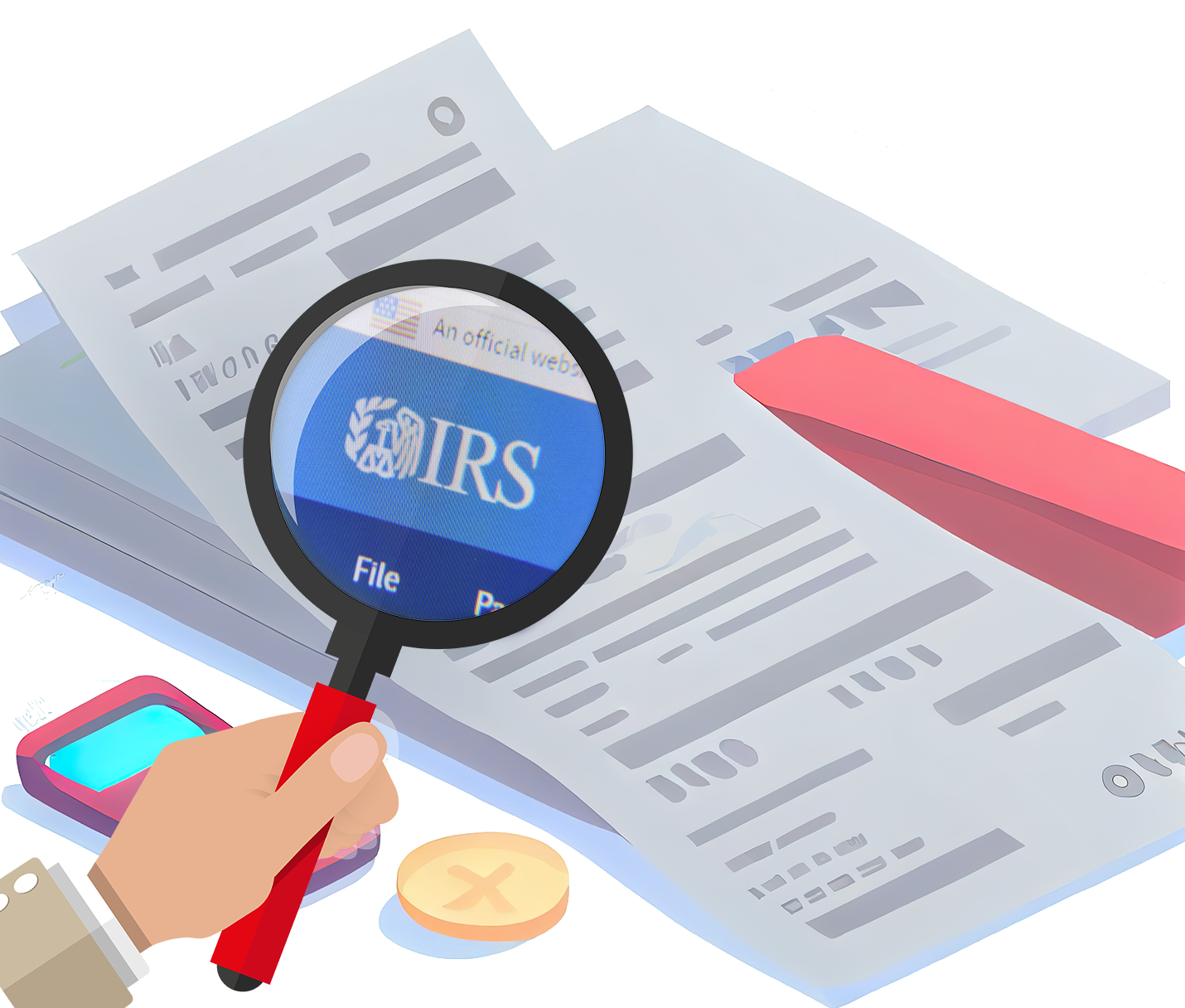It’s no secret that owning a restaurant is challenging. From staffing challenges to meeting customer expectations, you’ve got a lot on your plate. But as experienced restaurant CPAs, we know restaurant tax-related issues are what keep a lot of restaurant owners up at night.
But before we dive into these challenges and how to avoid them, it’s important to understand what you’re risking by not complying with tax regulations.
What are the Consequences of Not Complying with Tax Regulations?
The consequences of not complying with tax regulations include:
- Expensive fines and fees
- Penalties that cost you a percentage of your unpaid tax amount
- Steep interest rates as you repay unremitted sales tax
- Job seekers having a negative view of working for your restaurant
All in all, failure to comply with tax regulations as a restaurant will cost you in more ways than one.
Any “savings” you achieved through non-compliance will immediately disappear once you start making payments. Plus, it’ll get harder to hire qualified staff as word spreads regarding your tax struggles.
The 10 Biggest Restaurant Tax-Related Issues
Now that you understand why it’s so crucial to comply with tax regulations, let’s dive into the 10 biggest restaurant tax-related issues we resolve as experienced restaurant CPAs.
1. Complying with Tip Reporting Requirements
This is perhaps the biggest tax-related issue restaurants face in the US. It’s quite common for the IRS to review your reports and confirm that forms like Form 8027 have been filed properly.
If your restaurant has a tip pool or tip allocation agreements, the IRS may investigate to ensure you’re still following federal rules and regulations regarding tips.
In order to guarantee you’re complying with tip reporting requirements, you need to understand the laws, any reporting agreements you sign off on, and the various forms you must file.
2. Cash Transactions
If your restaurant operates primarily on cash transactions, you can typically expect a higher level of scrutiny from the IRS. This is due to the increased possibility of underreporting your income.
If the IRS decides to investigate, they’ll review things like your sales receipts, bank deposits, and cash register tapes. Performing and recording daily reconciliations is the best way to prepare for this restaurant tax-related issue.
3. Employee Classification
It’s absolutely critical to correctly classify your staff as employees or independent contractors. Both the IRS and the state where you’re located may look into how your workforce is classified.
Proper withholding of payroll taxes like Medicare and Social Security is also 100% necessary. When you misclassify someone or incorrectly calculate their tax withholding, you may ultimately face staggering penalties and back taxes.
4. Complying with Labor Laws and Minimum Wage
As with other restaurant tax-related issues, the IRS may collaborate with another organization—in this case, the Department of Labor—to ensure compliance with specific laws.
Base rate of pay and overtime pay, for example, aren’t solely up to you. You’re required to comply with federal and state laws regarding labor and wages.
When you fail to comply, you face some of the most severe penalties and tax consequences possible. Also, your reputation as a non-compliant employer means you’ll almost definitely struggle anytime you need to hire.
5. Complying with Sales and Use Tax
You may be subject to federal, state, and local tax obligations depending on your jurisdiction. This can make it fairly challenging to properly remit tax for major purchases from out-of-state vendors.
In some cases, you may need to self-assess sales and use taxes to stay compliant. As your restaurant CPA, we’ll review past and upcoming purchases to give you clarity on what’s legally required.
6. Capitalization and Depreciation
As a restaurant owner, you’ve likely made serious investments in furniture, equipment, and the building itself. All of these have their own tax rules you must comply with.
One common mistake is to expense something prematurely instead of following capitalization and depreciation protocols. When this happens, you may find yourself forced to submit an amended return—plus pay expensive interest and penalties as a result.
7. Selling Gift Cards and Gift Certificates
Gift cards and gift certificates can be a huge benefit to your bottom line, but you have to categorize the income properly on your taxes.
Furthermore, the IRS is known to partner with the FTC to investigate things like ease of redemption and expiration dates. Most states have their own laws on how unused gift card balances should be handled, and you need to be aware of these for your jurisdiction.
Like most restaurant tax-related issues, the best way to avoid this pitfall is by using a system to track and categorize sales of gift cards.
8. Inventory and COGS (Cost of Goods Sold)
As a restaurant, inventory is a huge part of your operating expenses. The IRS may look into your methods for valuing and tracking your inventory, plus how accurate your COGS calculations are.
This is one of many reasons you should take inventory regularly in your restaurant.
Anytime your restaurant experiences a loss due to shrinkage, spoilage, or damage, you need to be mindful of how you value and deduct the loss for your taxes. Most importantly, keep accurate records.
9. Charitable Donations and Sponsorships
Whenever you make a charitable donation or sponsor an event, the IRS can review any related expenses you claim. The purpose is to determine whether these expenses are a true charitable contribution or a deductible business expense.
It’s never a bad idea to try to give back to your community, of course. You just need to document any donations and calculations used to determine the value in case the IRS has questions.
10. Franchise Fees and Royalties
If you pay royalties/franchise fees or operate as a franchise, you have to follow federal regulations regarding franchise agreements. At any time, the IRS can check for compliance by reviewing how you categorize and time these expenses.
In certain scenarios, you’ll be required by law to amortize these fees for tax purposes. Otherwise, you face steep fees and penalties.
What Triggers a Tax Audit for a Restaurant?
Common triggers of a tax audit for a restaurant include:
- Being a primarily cash-based business
- Overestimating your sponsorships and charitable donations
- Structuring the business as a partnership
- Failing to report all revenue and income
- Overutilization of deductions
As you can see, many of these triggers aren’t an actual mistake or attempt to deceive. What it comes down to is that the IRS is focusing more and more on making sure US businesses are operating above board.
The IRS even announced in July 2023 that they’d be “intensifying audit work.” Just keep in mind that an audit is nothing to be afraid of, so long as your accounting is on par.
How Can a Restaurant Prepare for Tax Season?
A restaurant can prepare for tax season by:
- Gathering income statements such as W-2s and MISC-1099s
- Putting together documentation on your itemized deductions
- Procuring a copy of the previous year’s tax return
- Collecting any other potentially relevant forms (regarding canceled debt, earned interest, etc.)
- Making sure your financial statements are up-to-date before handing off to your CPA
But the best thing you can do to prepare for tax season as a restaurant owner is to find an experienced, knowledgeable, and attentive restaurant CPA sooner rather than later.
The earlier you start working together, the less under the gun you’ll both be to round up any missing information.
Now that you’re aware of the top 10 restaurant tax-related issues and how to prepare for tax season, all that’s left is to start prepping—and we’re here to help! Just call us at (561) 834-1792 to learn more about how we can take the headache out of your restaurant taxes.

 CALL US NOW
CALL US NOW







